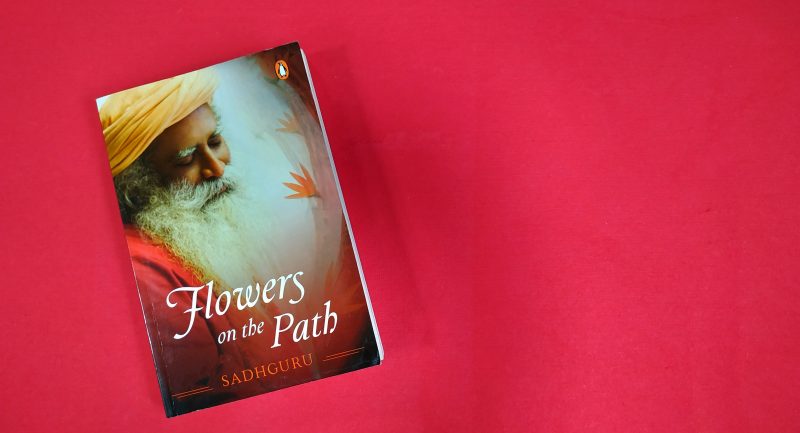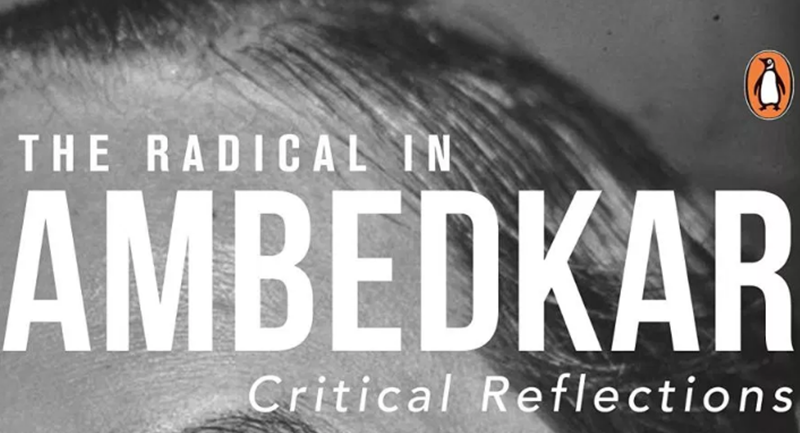
Venkat Iyer is the author of Moong Over Microchips and a certified project management professional. In this piece Iyer discusses how technology could be “a useful servant but a dangerous master”. Vivek Wadhwa and Alex Salkever talk about technology on similar lines in their book Your Happiness was Hacked.
The book Your Happiness was Hacked encounters various problems that are caused by engaging with technology to an extreme and how it could be kept under check. This book exposes how tech companies entice us to overdose on their products, thereby hindering our daily lives.
—————-
I worked in the Information Technology (IT) industry for 17 years and that is enough to be immersed in the addictive tech world. Starting from the humble desktop to mighty servers with the latest software and technology, there was not a moment I did not think of IT.
Steven Spielberg once said, “Technology can be our best friend, and technology can also be the biggest party pooper of our lives. It interrupts our own story, interrupts our ability to have a thought or a daydream, to imagine something wonderful, because we are too busy bridging the walk from the cafeteria back to the office on the cell phone.”
I was to understand what he meant only in 2003 when I quit my job in IBM and decided to start my own organic farm near Mumbai. Moving to the village, only over 100 km from Mumbai, I found that there was no telephone connectivity, let alone internet. I soon realised what an impact technology had on our lives. Right from the initial dotcom boom to the introduction of smartphones and social media, technology had touched almost everyone’s lives and changed it. While it brought the world closer and made access to information easier, it also transformed our social and cultural fabric.
Way back in the nineties, one could rattle off a long list of telephone numbers, while now even for their own number, people tend to search in their mobile phones. Simple addition and multiplication need a calculator. Many would say technology makes our lives easy, but what about using our brains to perform simple tasks which will keep it alive and ticking. To counter this, Sudoku or a crossword puzzle are recommended daily to keep the grey cells from disuse.
With the growing popularity of Facebook, I was tempted to open an account. I could access the internet only on the weekends when I went to Mumbai from the farm, and I could not relate to many posts. Most of them were of little interest to me. Once, when I checked my timeline I found a post by a niece in USA, describing a terrible stomach pain. I stared at the post for a while: it seemed strange that you would get up and log on to a social networking site to inform people across the world of an ailment while in so much pain. I also could not figure out why 21 people had liked the post. What exactly did they like? Her pain and trauma or the fact that they had read the post. It did not take me much time to delete my profile and I vowed never to be on Facebook again.
While the insane desire to share the humdrum realities of one’s life in public was growing thanks to Facebook, another application was gaining ground, Whatsapp. This free new app with calling facility made it possible to chat with others all over the world. Suddenly, I was added to groups of old school friends, ex-colleagues, cousins, farmers’ groups and other of like- minded people coming together to share information. The popular activity was to forward and share as many posts as possible. It was left to the imagination if the posts were true and verified. Lately, these indiscriminate posts, sometimes circulating falsehoods or old videos have been fuelling lynch mobs and claiming the lives of people in our country. But who cares. To forward and share is our motto.
It is reported that almost 200 million people use Whatsapp in India and sadly most people believe the often scurrilous posts, sometimes proved to be patently false. It is a common sight to see people staring at the phone all day either reading or forwarding what they have received. Besides, the addiction to online games, music and videos cuts across ages. It has become difficult to have a sane conversation with anyone.
Sometime back, I had a visitor from Mumbai who wanted to learn about organic farming and discuss the complex marketing of organic produce. In between a serious discussion, her phone beeped and soon she was lost staring at it for the next ten minutes, while I was holding forth on the topic. A while later, she returned to the physical world and said, “I am sorry, Where were we?” I just looked at her and said, “Maybe you should send me your questions on Whatsapp and I can reply to them at leisure.” The comment did the trick and she switched off the phone for the rest of the meeting. But, sadly everyone does not react the same way and some continue to smile and stare at their phones.
Technology is not bad; it is a useful servant but a dangerous master. It is the indiscriminate use and over dependence on it that is not good for us. It is faster to email than post a physical letter and there are many other advantages. But, is there a need to stare at the phone and jump at every sound notifying you of something, tweet every moment or Facebook your aches and pains to complete strangers? So that I am not addicted to my phone, I have fixed timings daily to read my mail and reply. Anyway if it is something urgent, I presume one would have got a call and not an email. Even when it comes to taking calls, I don’t take them all the time, especially during mealtimes or while driving.
I probably find it easier to have these restrictions since I live on the farm and not in a city with a fast- paced job. In the corporate world, there is no question of being delinked from technology. There could be a time when you need to step back and look at your life: is this incessant use of the phones, social media and technology having an impact on your health, life, peace and your mental state? Can we strike a balance between life and technology, so we enjoy the best of technology and reclaim a life that we can truly enjoy? It is not impossible.
Your Happiness was Hacked turns personal observation into a handy guide to adapting to our new reality of omnipresent technology.
AVAILABLE NOW!









